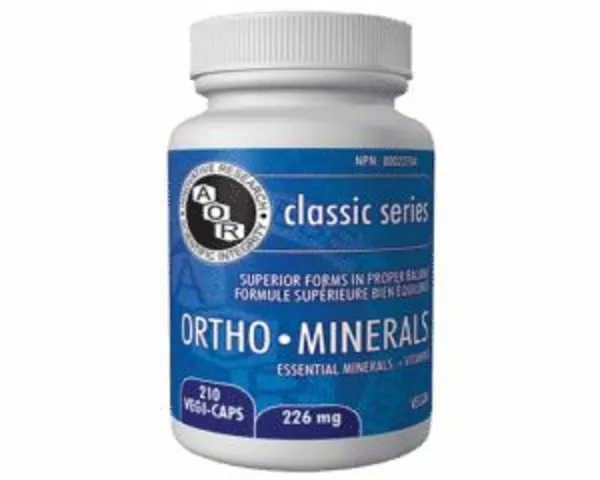Memantine – What It Is and Why It Matters
When working with Memantine, an oral medication that blocks excessive NMDA‑receptor activity to protect brain cells. Also known as Namenda, it’s mainly prescribed for moderate‑to‑severe Alzheimer’s disease, a progressive neurodegenerative condition characterized by memory loss and impaired judgment. By damping the harmful glutamate surge, Memantine helps slow cognitive decline and can improve daily functioning for many patients.
Beyond Alzheimer’s, Memantine belongs to the broader class of NMDA receptor antagonists, drugs that modulate the excitatory neurotransmitter glutamate to prevent neuronal over‑excitation. This mechanism links directly to other neurological issues such as vascular dementia and certain forms of Parkinson’s‑related cognitive impairment. Understanding how Memantine fits into the NMDA‑antagonist family clarifies why doctors sometimes combine it with acetylcholinesterase inhibitors for a synergistic effect.
Patients often ask how Memantine differs from other dementia treatments. The key attribute is its glutamate‑focused action, whereas cholinesterase inhibitors target acetylcholine pathways. This distinction matters because Memantine is less likely to cause gastrointestinal upset, a common side effect of drugs like donepezil. However, it can still lead to dizziness, headache, or confusion, especially at the start of therapy. Knowing these trade‑offs helps patients and caregivers set realistic expectations and monitor symptoms effectively.
Practical Tips for Using Memantine
Starting doses usually begin at 5 mg once daily, gradually titrating to a target of 20 mg split into two doses. The titration schedule is essential: a slow increase reduces the risk of adverse effects and lets the brain adjust to reduced NMDA activity. For older adults or those with kidney impairment, doctors may opt for a lower maintenance dose. Always keep a medication list handy and tell any new prescriber you’re on Memantine to avoid unwanted drug interactions.
When considering Memantine, think about the broader context of cognitive decline, the gradual loss of mental functions that can stem from aging, disease, or injury. Managing decline isn’t just about a pill; lifestyle factors like regular exercise, a Mediterranean‑style diet, and mental stimulation play a supportive role. Memantine works best when paired with these non‑pharmacologic strategies, creating a holistic approach to brain health.
Insurance coverage can be a hurdle, but many plans list Memantine under generic or specialty drug categories. If cost is an issue, ask your pharmacist about discount programs or manufacturer assistance. Remember, the goal is consistent daily use; missing doses can blunt the neuroprotective benefit and lead to fluctuating symptoms.
Clinicians also monitor lab values such as renal function and electrolytes, because Memantine is cleared primarily by the kidneys. A recent study found that patients with a creatinine clearance below 30 ml/min had higher plasma concentrations and needed dose adjustments. This evidence reinforces the importance of regular check‑ups and open communication with the care team.
Family members often wonder how to support someone on Memantine. Simple actions—reminding the patient to take their doses, noting any new side effects, and encouraging adherence to a routine—make a big difference. Caregiver education reduces the risk of accidental overdose and helps catch early warning signs like increased confusion or hallucinations.
Looking ahead, researchers are testing Memantine in combination with anti‑amyloid antibodies for early‑stage Alzheimer’s. Early trials suggest a possible additive effect, hinting that the drug could stay relevant as new disease‑modifying therapies emerge. Staying informed about ongoing studies can empower patients to discuss cutting‑edge options with their neurologist.
In summary, Memantine’s role as an NMDA receptor antagonist positions it uniquely among dementia medications. Its ability to moderate glutamate toxicity offers a distinct pathway to protect neurons, especially when paired with lifestyle measures and other treatments. Whether you’re starting therapy, adjusting a dose, or simply learning more, the key is a balanced view of benefits, side effects, and practical considerations.
Below you’ll find a curated collection of articles that dive deeper into Memantine’s mechanism, dosing strategies, safety profile, and real‑world patient experiences. Each piece offers actionable insights, so you can make informed decisions about treatment options and daily management.

Aricept (Donepezil) vs Alternatives: A Detailed Comparison
Compare Aricept (Donepezil) with other Alzheimer’s drugs, covering efficacy, side effects, cost and who should use each.
View More




